Democratic Republic Of Congo
36-year-old Alice Kazamwali is a mother of 7. She is one of hundreds of women who work tirelessly at the Kamituga mining site located 180 km southwest of Bukavu in the Democratic Republic of Congo.
Here, they are called the Twangaises, a name derived from the Kutwanga word, meaning “to crush” in Swahili. This is because these women crush stones and sand, in order to remove precious materials such as gold, cassiterite and coltan.
The crushing of stones and sand is done near a river to facilitate the washing of the stones extracted from the pits. These women undertake some of the most difficult jobs. Many of the women do not wear any masks to protect themselves from dust.
They are therefore prone to lung infections. But these women have no other choice than sacrifice their health in order to feed their families.
“The owners of the stones and sand have become complicated, after you have suffered, they don’t give you the money you deserve. Sometimes they force some women to have sex with them before employing them which is a common practice. Other owners go to the extent of raping some women if they refuse them sex, said Therese Lubingo, a mine laborer”.
Although the materials extracted from the mines have value on the world market, they do not always benefit mining companies, this is because those in authority have special interests.
“There are times we work without being paid, because sometimes we do not find minerals among the stones. So we are forced to go home despite the heavy work done. Sometimes we have to beg them before. And on days when we find gold in these stones, we earn very little, which is not worth much for the upkeep of the children. When we crush the stones and sand with mortar we earn 1.4 dollars, and one lute at 5 dollars, and one average lute at 4.6dollars, said mine laborer Alice Kazamwali.
Currently, Kamituga has nineteen mining sites in which these women and girls work to survive. They have one thing in common which is to leave the mines one day.





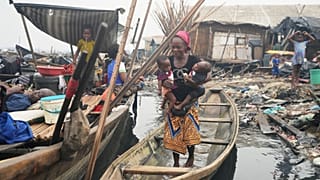
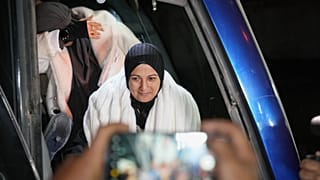
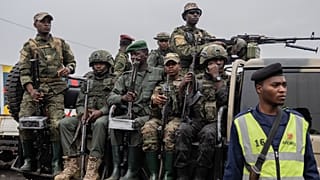
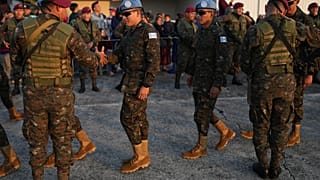
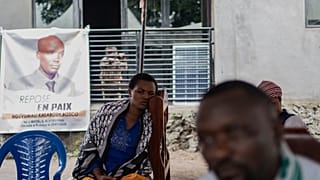

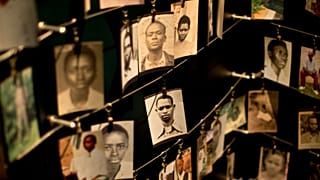
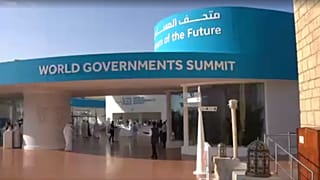
01:05
More than 200 dead in landslides at rebel-controlled mine in DR Congo
01:57
DR Congo city residents forced to adapt during year of M23 rule
02:19
DRC: Artists call for peace at Tumaini festival
01:22
Pope Leo XIV appeals for peace for people fleeing violence in Eastern Congo
00:01
Uncertainty in Uvira as M23 rebels again announce withdrawal from eastern DRC city
02:38
DR Congo’s mining boom puts community forests at risk Likasi, DR Congo